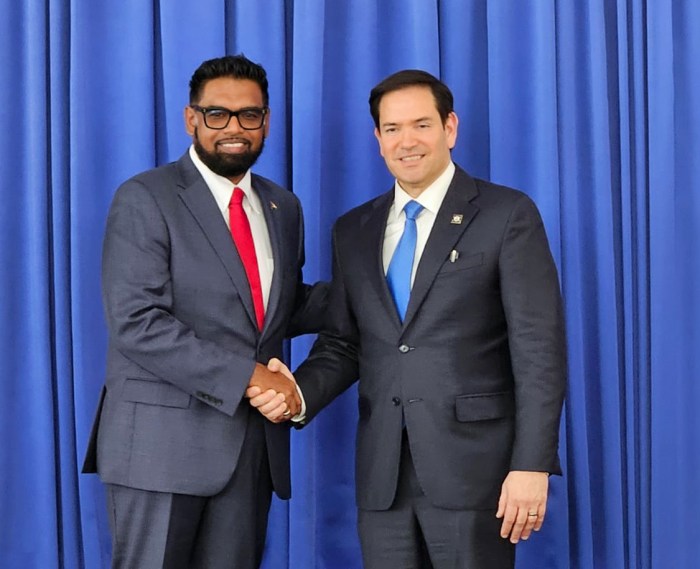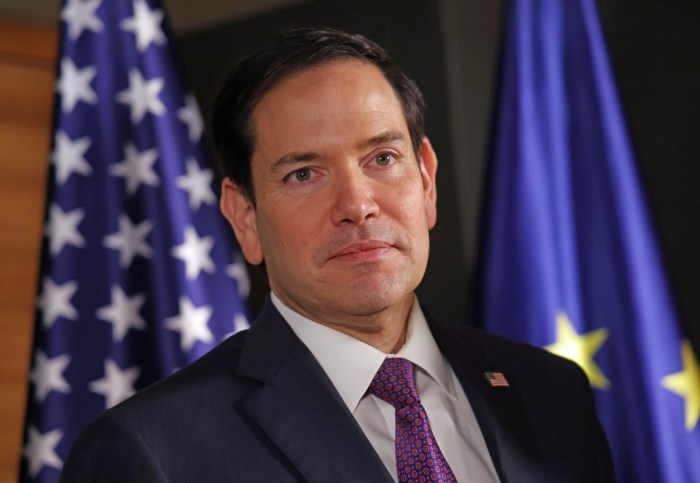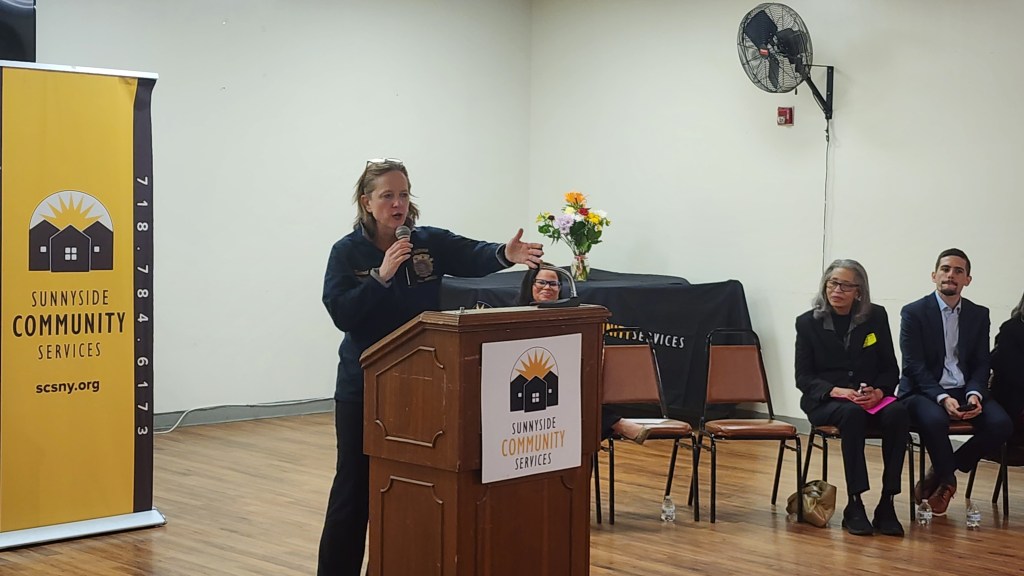Jamaica’s most foremost female leader and current principal voice of the opposition People’s National Party said April 1 is the deadline date she has agreed to exit her prestigious political positions.
The trailblazing, female, Caribbean, politician who made history as the very first of her gender to be elected prime minister of the largest English-speaking island in the region and the third — following Eugenia Charles of Dominica and Janet Jagan of Guyana — made the announcement at a meeting of her party’s National Executive Council.
The departure date was actually announced by Julian Robinson, the party’s general secretary who told the elite membership that Portia Simpson-Miller will demit office as opposition leader on April 2.
Afterwards he informed the media.
While that date will mark her official exit from leadership, March 16 will also mark a red-letter date because the 71-year-old leader will submit her resignation as opposition leader to Sir Patrick Allen, the island’s governor general.
Prior to relinquishing control on the April date, she will execute her leadership role for a final time by participating in a budget debate in parliament.
In making his announcement to members of the media, Robinson said a replacement for the pioneering leader would be announced on March 26 when a special delegates’ conference will be held.
The news did not come as a shock to nationals because at a meeting of the same committee last year, Simpson Miller told her party members that she would opt out as president at the next conference which is slated for September.
Her exit comes 11 years after presiding over the premiere political party to nominate a woman for prime minister and also serving twice in that pioneering position.
She entered politics in 1974 as a councilor and emerged a force when long-serving colleague and fellow comrade Prime Minister Percival J. Patterson resigned from leadership in 2006. She garnered grassroots support and was hailed affectionately as “Mama P” or “Sister P.”
After completing Patterson’s remaining term of office, she was defeated by Bruce Golding on Sept. 11, 2007.
Four years later when he resigned, Simpson-Miller reclaimed leadership with a resounding triumph over his successor that December.
But Andrew Holness, the ambitious contender representing the Jamaica Labour Party proved her reckoning when as the youngest ever to seek the office swept to victory ousting the historic female from leadership.
While serving as prime minister, Simpson-Miller retained the positions of Minister of Defense, Development, Information and Sports.
She has also served as Minister of Labor, Social Security and Sport, Minister of Tourism and Sports and Minister of Local Government throughout her political career.
Following her second election win she became the second individual since independence to have served non-consecutive terms as prime minister, the first was Michael Manley, the island’s fifth prime minister.
In 2012, she was ranked by Time Magazine as among its “100 Most Influential Persons in the World.”
Another national, political contest demanded a referendum in 2016 and last February Holness again defeated the veteran parliamentarian while staking a claim to the coveted highest governmental position by becoming the ninth prime minister of Jamaica.
Despite criticisms and in-party bickering, in September, Simpson Miller was overwhelmingly voted the chosen leader of her political party.
Described as a landslide victory over her challenger, Karl Blythe, the enduring history-maker claimed a whopping 2,471 to his 198.
The official results were announced after five hours of voting on the first day of the PNP’s two-day 78th annual conference in Kingston.
With the announcement of her exit from the high-profile spotlight some are questioning why after 40 years of service to the party and country she would leave without the fanfare of being a three-time prime minister.
D.K. Duncan, a former MP and general secretary during the 1970s said divisions within the party and disloyalty to the embattled candidate following the election might have contributed to the unceremonious departure that is now ending the rule of the first female to lead the party.
Reportedly, the former cabinet member said his impression from listening to the opposition leader was that “inordinate pressure” hastened her decision to announce “the actual date of the resignation or the start of the transition.”
He said he was disappointed because of “what appears to be inordinate pressure on the party leader” adding that “she does not deserve that sort of pressure.”
Speculations have also been raised that Peter Phillips, a former finance minister and deputy party leader may have nudged the leader into resignation by striking a deal some might consider a trade-off.
“There is no deal with anyone about the future in any way,” the 67-year-old political economist said.
“The party is not the personal property of mine or anybody else,” he added. “There are democratic structures provided for in the constitution of the PNP, which will provide the guide for any decisions that the party will have to make going forward.”
The leading candidate to succeed Simpson-Miller, Phillips won the PNP’s nomination and up until last Friday’s deadline was not challenged. He is unopposed in his bid to replace the former prime minister.
Phillips will have to garner at least 50 percent of delegates’ votes in order to affirm his presidency.
Comments about Simpson-Miller’s exit dominated social media on the island with Jamaicans saying “It did not need to come to this kind of fallout. From the day that she lost the 2016 general election, she should have called it a day.”
Criticism of the out-going leader varied with another outspoken national ripping the beleaguered leader saying “politicians should be humble, willing to listen and smile when they are upset, confrontation and vulgarity have no place in politics.”
The fact she is indelibly inscribed in Jamaican history, her presence and continued input will probably remain vital to the future of the PNP in the same way that Patterson’ contribution regularly serves as a guide to forward-thinking consultation.
However, the fact that after 40 years in Parliament, Simpson-Miller did not author a single piece of legislation her legacy might fall short of those of many of her predecessors.
Significant to her tenure though is the fact President Barack Obama, the first Black leader of the USA visited the island under her watch April, 2015. The state visit marked the first by any sitting president in more than three decades. The only other time a U.S. president had ever visited the island was 33 years prior when Ronald Reagan arrived there on April 7, 1982.
Like former prime ministers in the United Kingdom’s British Parliament — Edward “Ted” Heath, Margaret Thatcher and Gordon Brown who remained parliamentarians after their defeat, Simpson Miller will continue representing her constituency in the south western region of St. Andrew.
When asked if the presence of the former prime minister in the House of Representatives might create contention, the party’s designated leader explained that one of his party’s opposition leader of the Jamaica Labour Party successfully followed the precedence.
“Hugh Shearer was a former prime minister who stayed many years with us without problems in the Parliament.”
Catch You On The Inside!

























